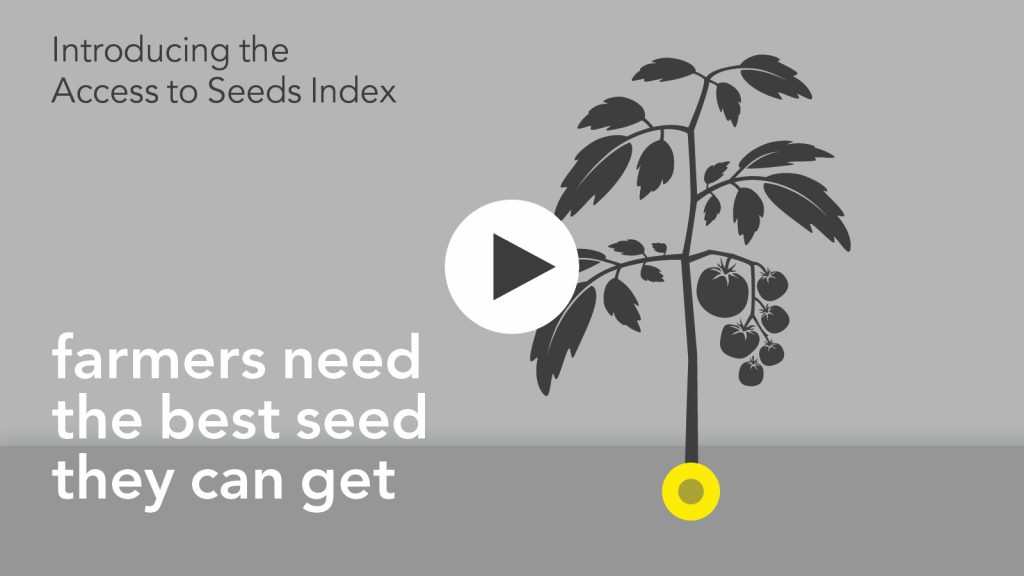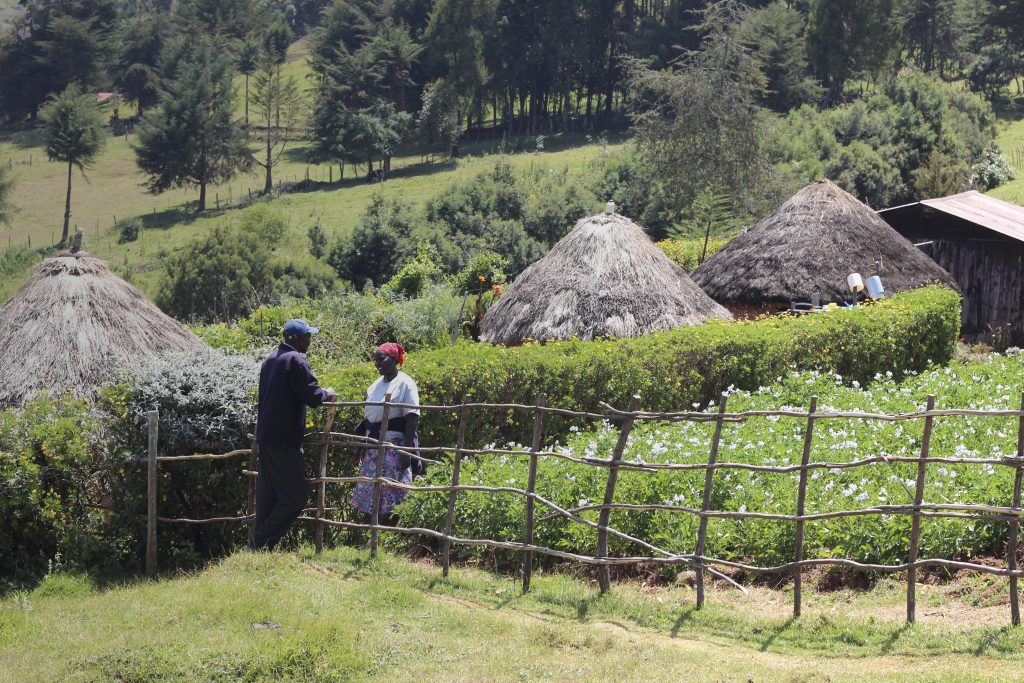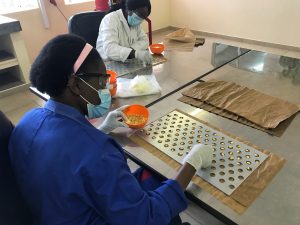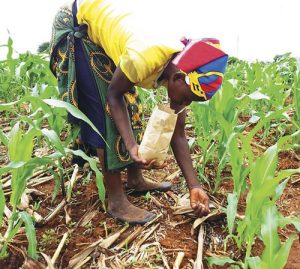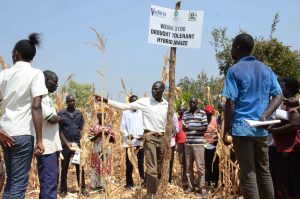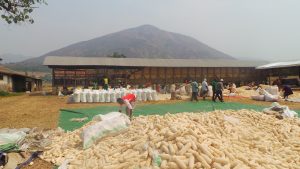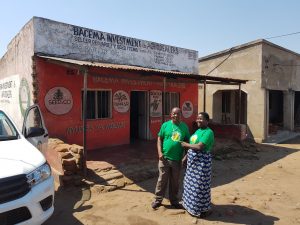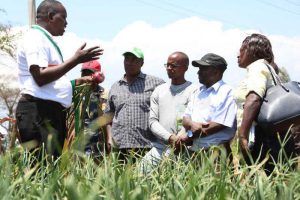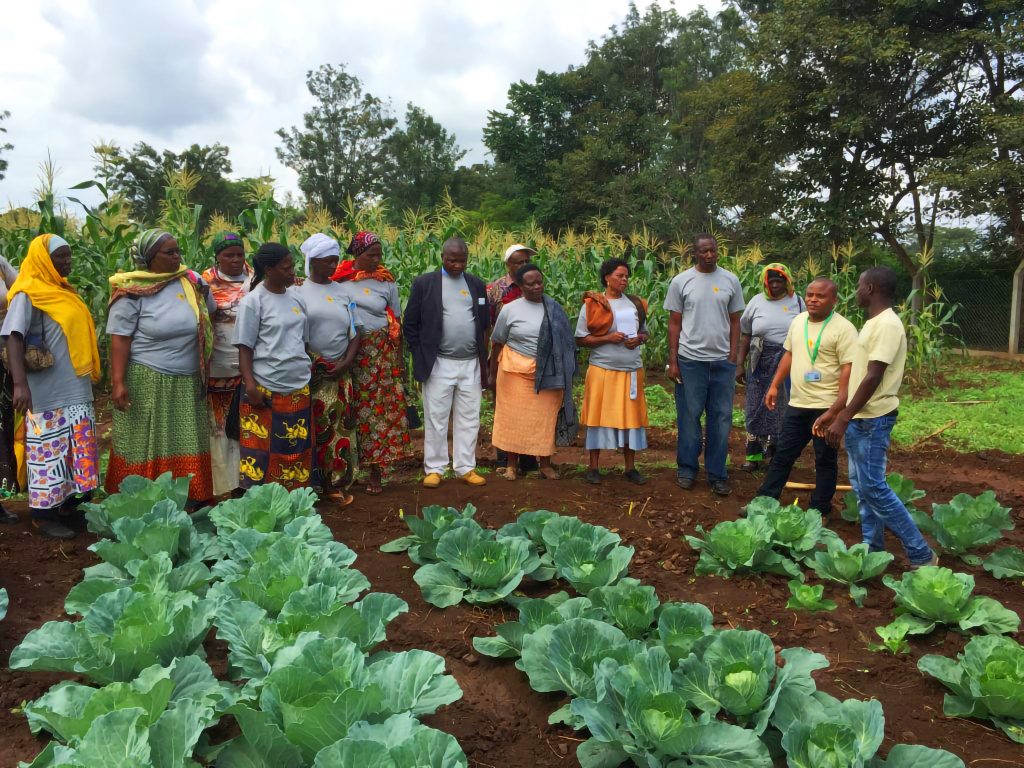Angola
Fourteen index companies report having a presence in Angola. Capstone Seeds and Seed Co are the only two companies both producing and testing seed in the country. No breeding activities or extension services were identified.
Botswana
Ten index companies report having a presence in Botswana. None of them have breeding, seed production or processing activities. Only two companies with testing locations were identified. One company offers extension services, with two technical staff dedicated to training farmers.
Burundi
Eight index companies are present in Burundi. Four are regionally based and four are globally active. Only two companies provide extension services and two report testing locations. Seed Co is the only company producing seed in the country.
Eswatini
Eight index companies report being present in Eswatini, but none have breeding or processing locations. Only one company has a seed production location and provides extension services, and one other has testing activities.
Ethiopia
Seventeen index companies have a presence in Ethiopia. However, only four provide extension services. Two companies have breeding programs, five produce seed (with three involving smallholders) and two process seed. Homegrown Ethiopian Agricultural Business Corporation is the only company with activities that span the seed value chain.
Kenya
Twenty-six index companies are present in Kenya, the highest number in the region, underscoring the country’s position as regional seed hub. Three index companies are headquartered here. Six companies breed, nine produce and six process seed. Kenya also has the broadest offering of extension services, provided by nine companies.
Lesotho
Six index companies are present in Lesotho – a low level of private sector activity. Furthermore, only one company carries out activities beyond sales, namely testing and extension. Local companies (not included in the index) do not provide evidence of activities beyond sales.
Madagascar
Ten index companies have a presence in Madagascar, alongside several local companies outside of the scope of the index. Only one index company has processing activities, and three produce seed. Two index companies, Technisem and Limagrain, have breeding activities.
Malawi
Eleven index companies have a presence in Malawi, including Demeter Seed, which is headquartered in the country and is one of two companies offering extension services. Five companies produce seed, three of them involving smallholders. Syngenta is the only company with breeding activities.
Mozambique
Seventeen index companies have a presence in Mozambique, but only three offer extension services. Five companies have testing locations and one has a breeding program. Three companies produce seed, two of which involve smallholders.
Namibia
Eleven index companies have a presence in Namibia, but no company reports providing extension services. Seed Co is the only company that produces seed and has a testing location in the country.
Rwanda
Thirteen index companies have a presence in Rwanda, with three of these providing extension services. Three companies test and produce seed and one processes seed. No companies report breeding programs.
Somalia
Only three index companies have a presence in Somalia, one of the lowest numbers in the region. Darusalam Seed Company is headquartered here. It is the only company to report testing, production and processing activities. However, it has no breeding program of its own.
South Africa
Twenty-one index companies report having a presence in South Africa, but only two report providing extension services. South Africa is one of the seed hubs in the region, with ten companies having a breeding location and ten having seed production locations. Only one involves smallholders in production.
South Sudan
Of the nine index companies present in South Sudan, no company reports providing extension services. No company breeds in the country either and only one company has a testing location. A further two companies have seed production activities, although neither involve smallholders.
Tanzania
Twenty-three index companies report having a presence in Tanzania, a regional seed hub, with five companies having breeding and processing locations and nine having seed production locations. Nine companies provide extension services.
Uganda
Twenty-one index companies report having a presence in Uganda. Four are also headquartered here. Uganda is one of the regional seed hubs, with three companies having breeding locations, five producing seed (of which four involve smallholders) and five processing seed.
Zambia
Twenty index companies are present in Zambia, including Zamseed, which is headquartered here. Seven companies produce seed although only two involve smallholders. Four companies have breeding locations, with four in total testing and processing seed. Five companies provide extension services.
Zimbabwe
Nineteen index companies report having a presence in Zimbabwe, but only three provide extension services. Four companies have a breeding location and three produce seed. All three involve smallholder farmers in seed production activities. Four companies report having processing locations.


